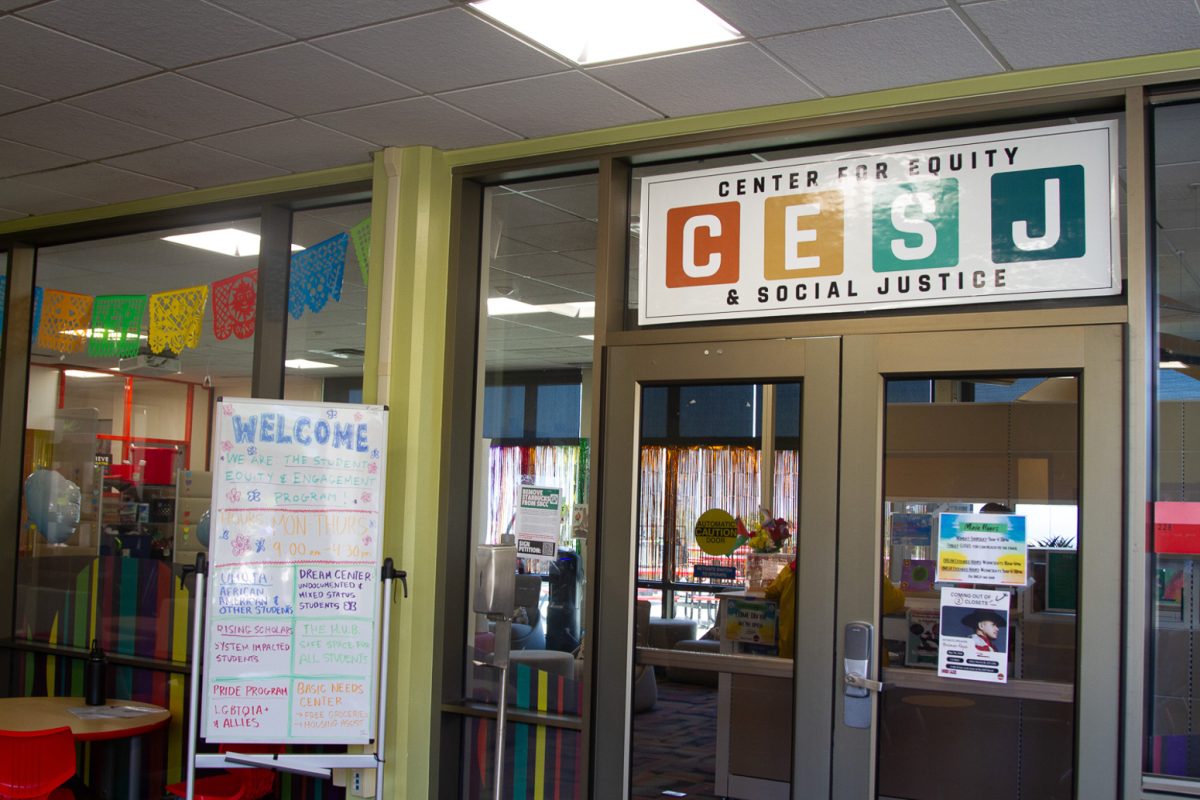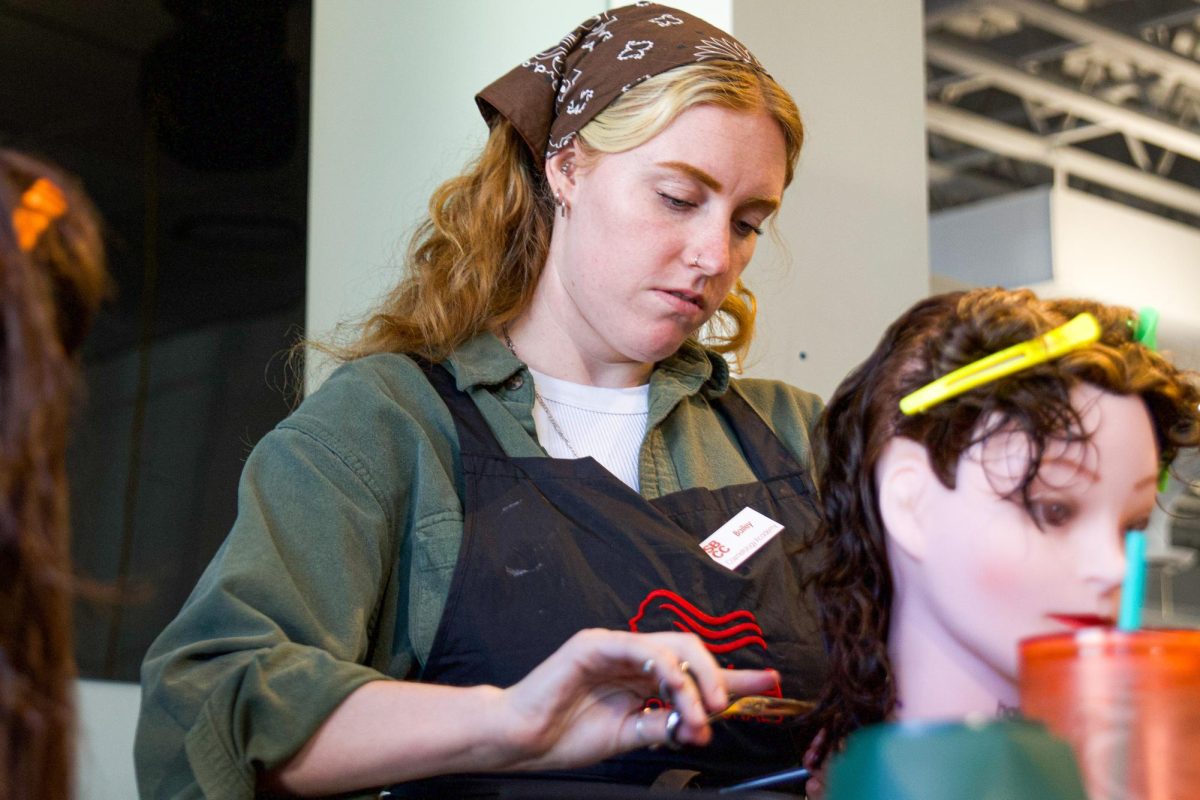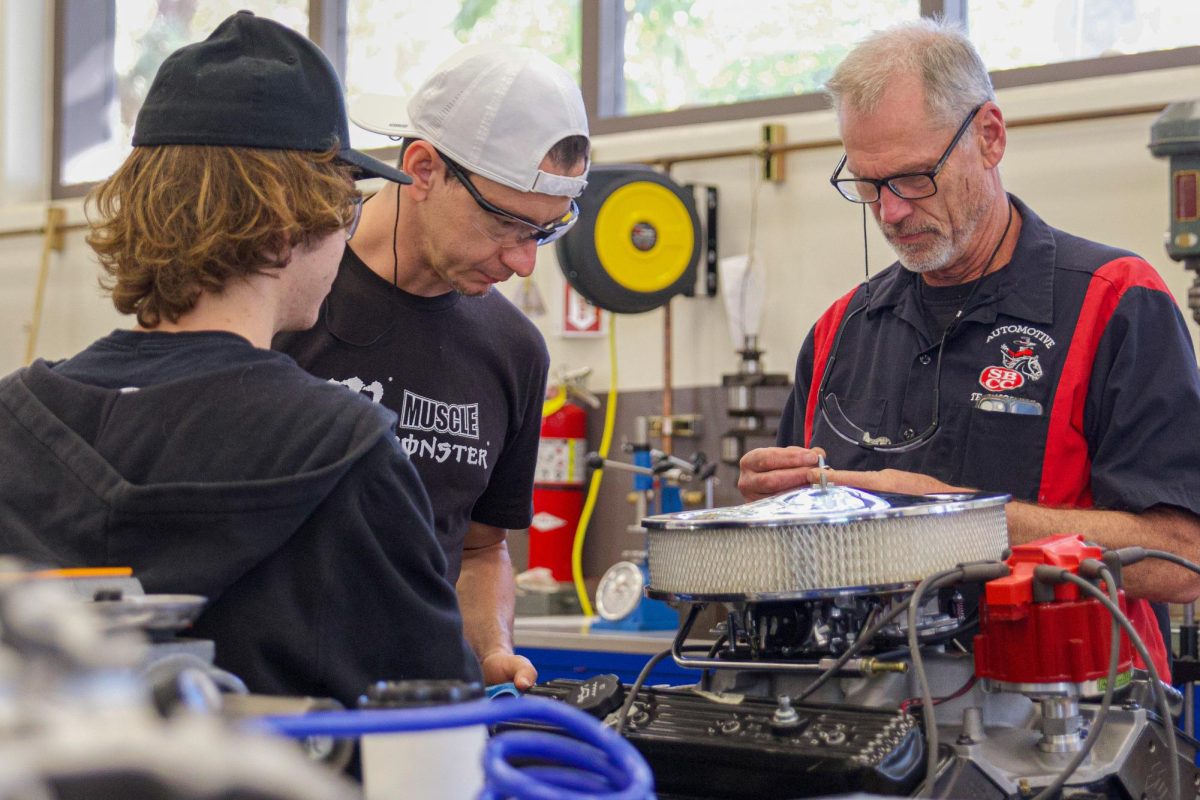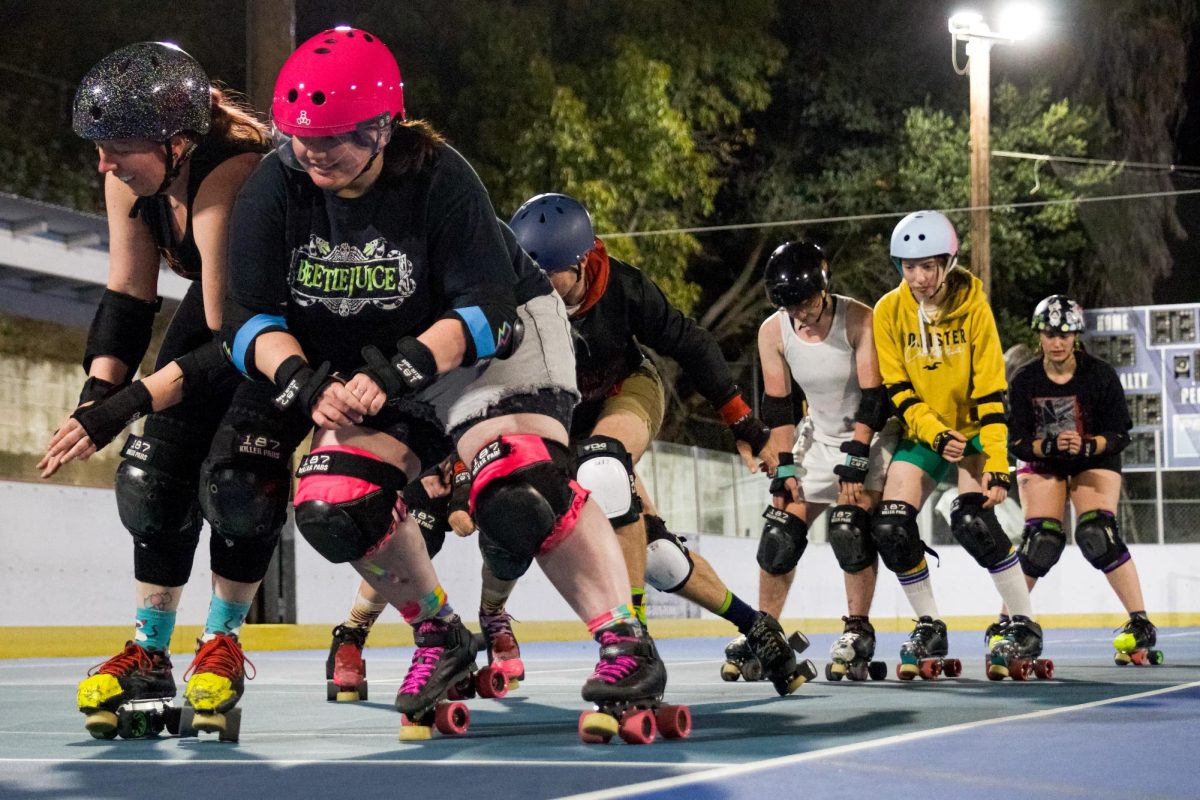At the heart of the City College’s Campus Center and located next to the cafeteria on East Campus, students, staff and faculty members can find a space where inclusivity and support is the highest priority: the Centers for Equity and Social Justice (CESJ).
When walking through the doors of the CESJ, visitors are greeted by early 2000s R&B, colorful long tassels and an abundance of flyers promoting various events on campus.
According to Selena Martinez, student program advisor for the CESJ and Pride Virtual Center, although the center – or The HUB – may seem exclusive from the outside, everyone is encouraged to visit.
CESJ and The HUB
“[The HUB] space is here, our couches are here, we got music playing all day long, and snacks, coffee for all day long too,” Martinez said. “The hope is for you to just come in and see if it’s a space for you.”
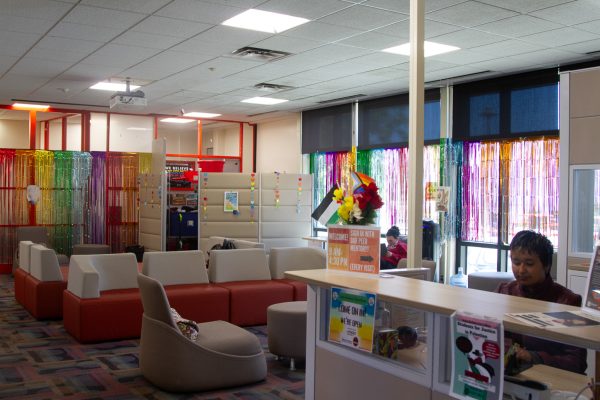
The HUB, which stands for “hangout, unwind and belong,” is home to the Dream and Umoja centers, while Rising Scholars and the newly established Pride Program currently do not have designated center spaces at City College. The Basic Needs Center, located in East Campus Center Room 14, also falls under CESJ.
According to Martinez, the programs in the CESJ were founded upon student needs, filling in the gaps where most classes could not. With the help of faculty, staff and administration, these initiatives became a reality.
“All it takes is one student to say something and for them to work with us and for them to like, you know, be vulnerable and let us know how they’re feeling and what comes up, and that’s what ends up helping us to then make things happen,” Martinez said.
Martinez has worked alongside City College students who come by her office seeking emotional support or general advice for the past year. Before City College, she was employed at UCSB and UC Davis, working in student affairs.
“I’ve been excited to be in this part [of CESJ],” Martinez said. “When I was an undergrad, I would go to spaces like these and ask my questions.”
History behind the CESJ and Student Equity and Engagement Programs
While the CESJ encompasses each program, with The HUB acting as the space for some of the centers, the office of student equity and engagement currently oversees it all.
During its emergence in 2016, the CESJ department was functioning out of two offices on campus and not yet having the center space seen today, according to Roxane Maiko Byrne, director of student equity and engagement programs. The CESJ conducted its programming outside these offices with events and pop-ups.
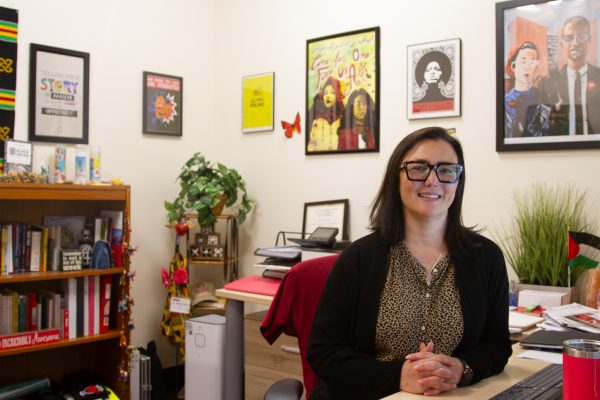
In January 2017, the CESJ opened a space on West Campus that emulated the Multicultural Center at UCSB, according to Byrne.
“[The CESJ] was a space for students, all students on campus, but that really centered the experiences of historically marginalized and underrepresented student groups,” Byrne said regarding the beginnings of the center.
Initially a reservable space at City College for student clubs with equity and social justice leanings, the CESJ held film screenings, workshops, guest speakers and social justice storytime – a critical discussion following the reading of a selected children’s book, according to Byrne.
The COVID-19 pandemic shifted the dynamic of the CESJ, resulting in structural and staffing changes as well as the securement of their current space in the Campus Center.
After having her position reclassified in 2023 due to the department’s expanding partnership with other programs, Byrne’s role grew from coordinator to director of the newly branded student equity and engagement programs.
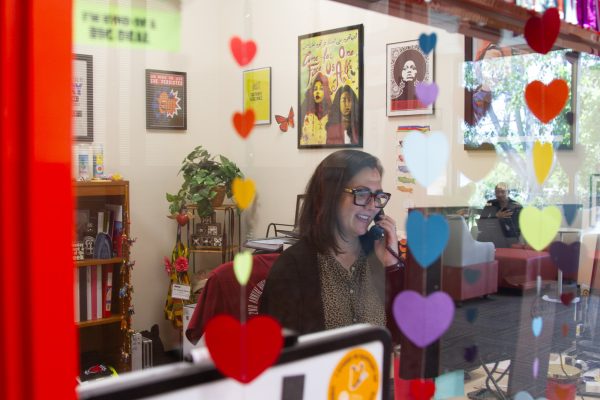
“The CESJ hasn’t gone away, but it’s not what it used to be,” Byrne said. “I think there’s also a misconception that that’s our department name, and it’s not.”
According to Byrne, the student equity and engagement programs center their efforts on student needs, and always have; advocating for all students struggling to navigate issues related to fairness and justice.
“We’re very grassroots, and so part of our grassroots origins is that we are just real community-centered, both on and off campus, so we’re always partnering with people,” Byrne said.


